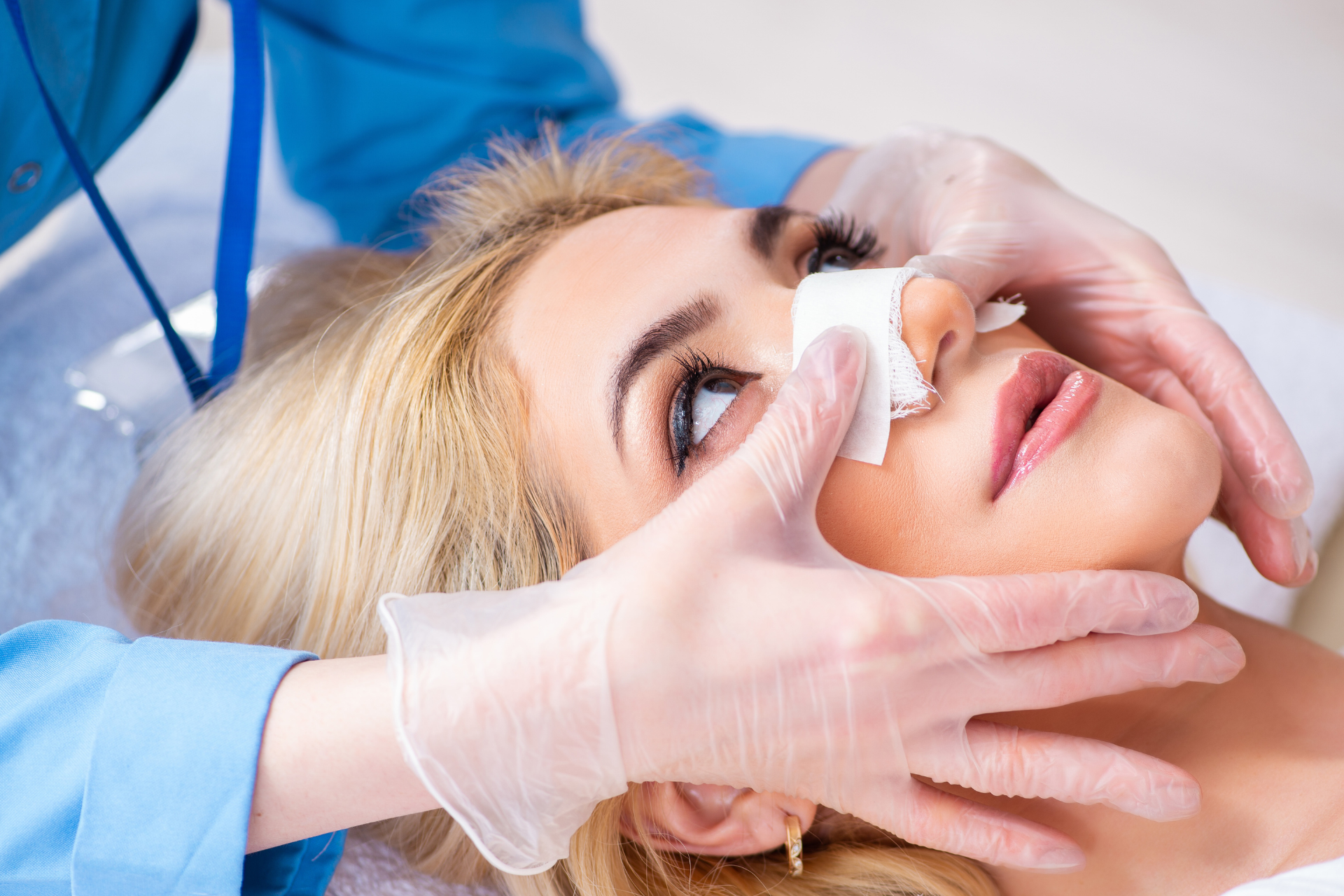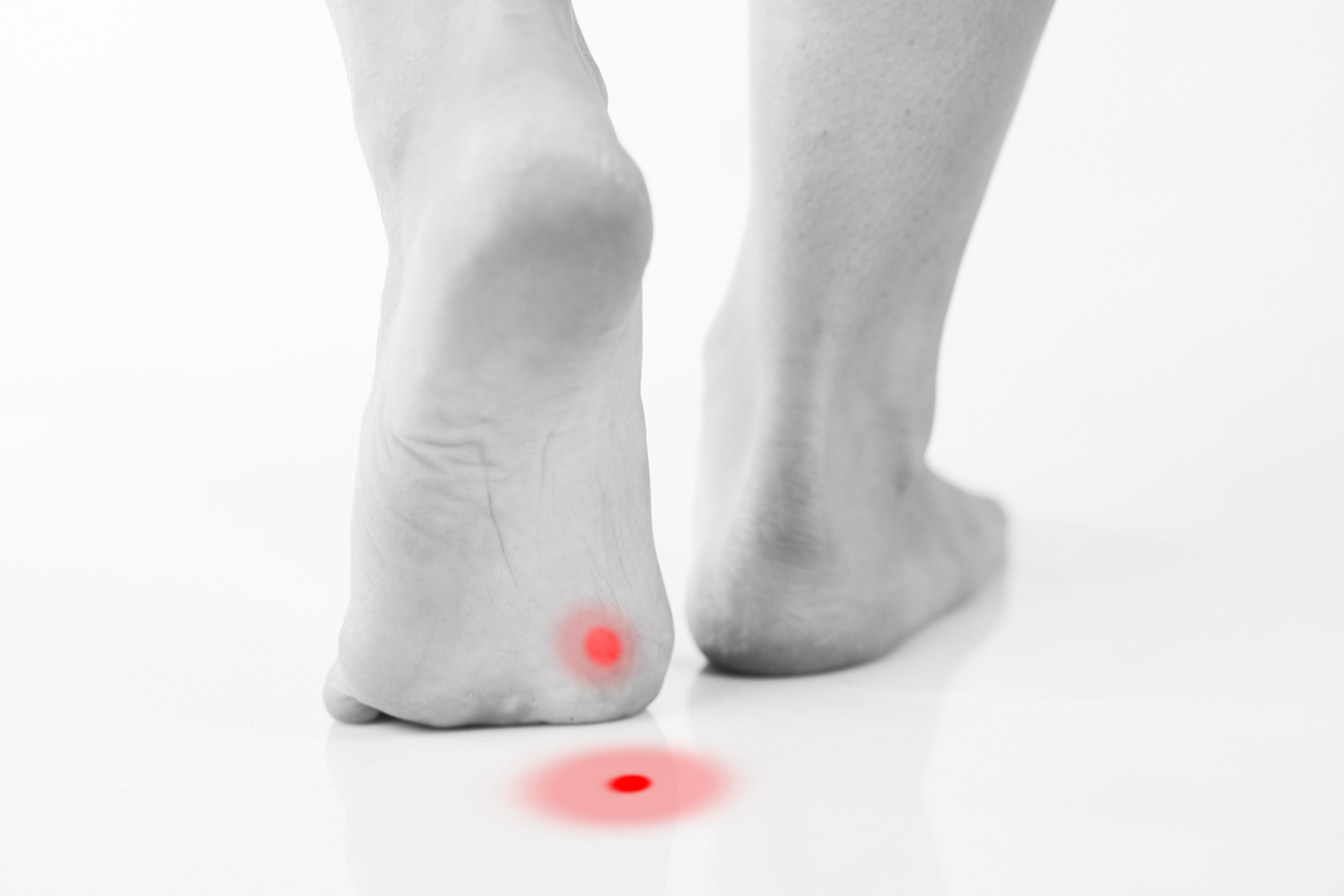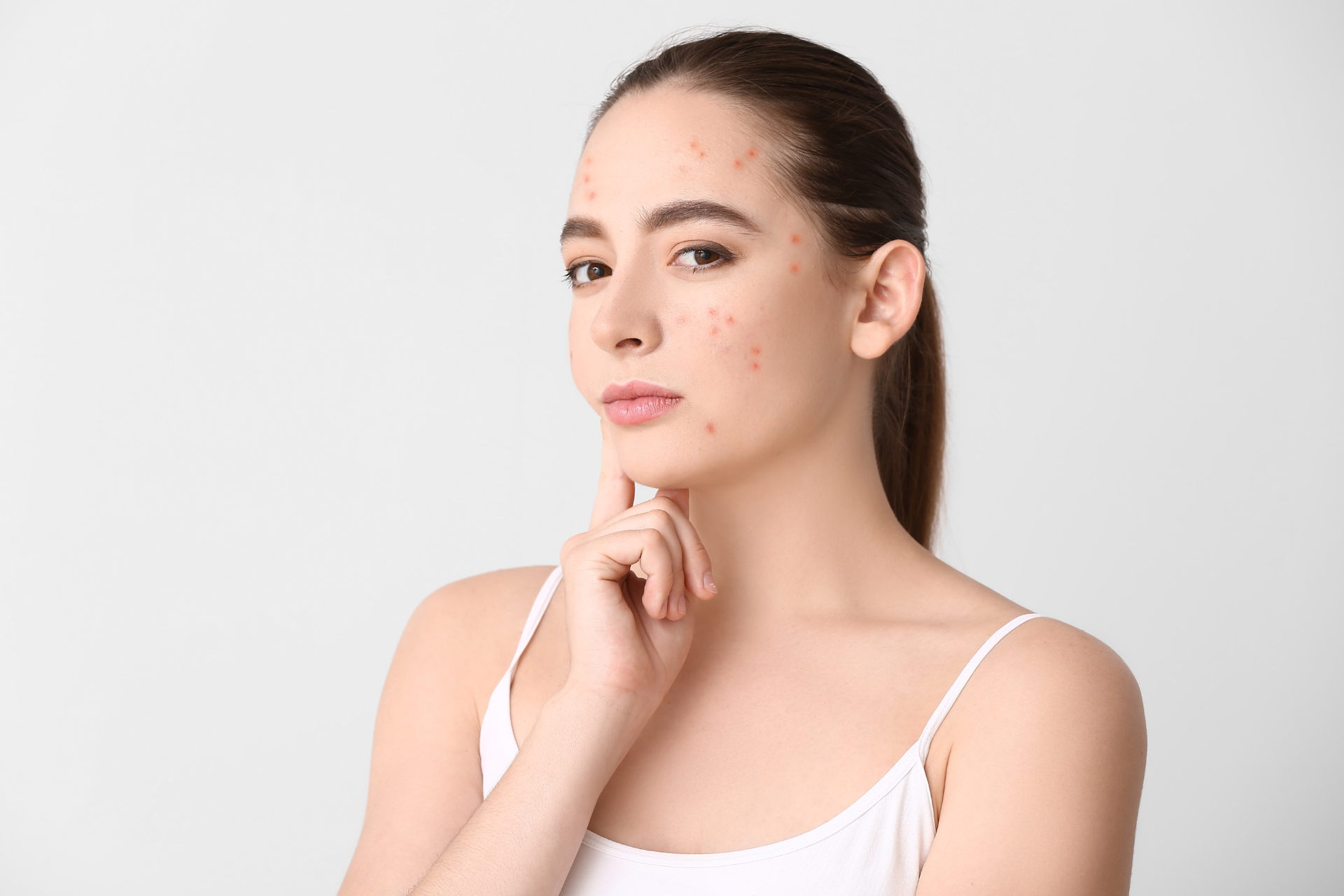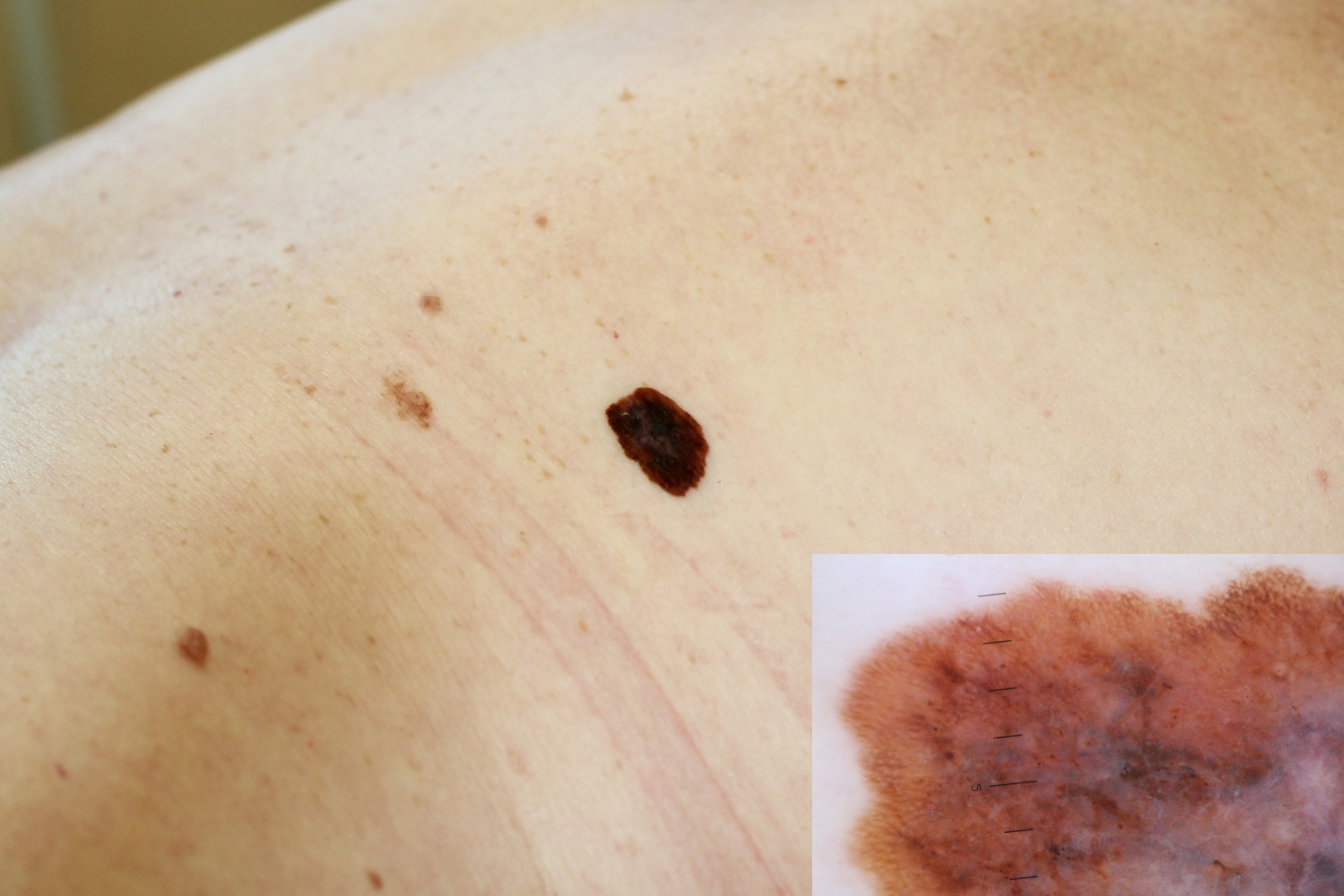Your Post-Surgery Skincare Routine: Healing Tips After Dermatology Procedures

At Fall Creek Skin and Health Clinic, we understand that undergoing dermatology procedures, whether aesthetic or medical, can be a significant milestone in your skincare journey. Proper aftercare is crucial to ensure optimal healing and the best results. Here are some essential tips for crafting your post-surgery skincare routine after dermatology procedures.
1. Follow Your Dermatologist’s Instructions
First and foremost, always adhere to the specific post-operative instructions provided by your dermatologist. Each procedure can have unique requirements, and these guidelines are tailored to ensure your skin heals properly. Pay attention to recommendations regarding product use, sun exposure, and activity restrictions.
2. Hydration is Key
Keeping your skin hydrated is vital for healing. After surgery, your skin may feel dry or tight. Use a gentle, fragrance-free moisturizer to keep your skin moisturized. Look for products containing hyaluronic acid or ceramides, which can help attract and retain moisture. Hydration is also essential from the inside out, so remember to drink plenty of water throughout the day.
3. Gentle Cleansing
Post-surgery skin is often sensitive, so opt for a mild, non-irritating cleanser. Avoid exfoliating products or harsh cleansers, as they can disrupt the healing process. Cleanse your face gently, using lukewarm water instead of hot, and pat your skin dry with a soft towel—never rub, as this can cause irritation.
4. Sun Protection is Essential
Your skin will be particularly vulnerable after a dermatology procedure, making sun protection more critical than ever. UV rays can cause inflammation and pigmentation issues, potentially interfering with the healing process. Apply a broad-spectrum sunscreen with at least SPF 30 daily, even on cloudy days. If you've had facial surgery, consider wearing a wide-brimmed hat or sunglasses to provide extra protection from the sun.
5. Avoid Picking or Scratching
It can be tempting to touch or pick at healing skin, but this can lead to complications such as infection or scarring. Keep your hands away from the affected area, and avoid wearing tight clothing or accessories that may rub against your skin. If you're experiencing itching during the healing process, consult your dermatologist for appropriate solutions.
6. Introduce Products Slowly
Once your skin begins to heal, you may want to introduce additional products gradually. Avoid anything with retinoids, acids, or fragrances until your dermatologist advises they’re safe. Instead, focus on soothing products that strengthen your skin barrier. Introduce new items one at a time, and monitor your skin's response.
7. Seek Professional Advice for Concerns
If you notice any signs of complications, such as excessive redness, swelling, or discharge, don’t hesitate to contact Fall Creek Skin and Health Clinic. It’s always better to address concerns early to avoid potential setbacks in your healing process.
Conclusion
The time after a dermatological procedure is crucial for achieving the best results. By following these tips and staying in close communication with your dermatologist, you can enhance your healing and pave the way for healthier, more radiant skin. At Fall Creek Skin and Health Clinic, we’re committed to supporting you through every stage of your skincare journey. If you have questions about your post-surgery routine or need further assistance, don’t hesitate to reach out to our team. Your skin health is our priority!




